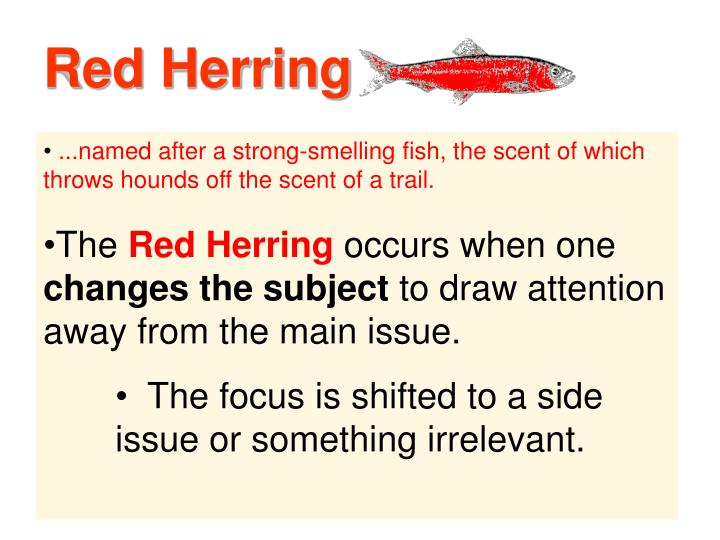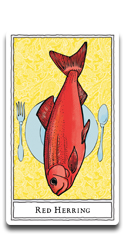

Nothing less would have enticed me back to editing other people’s writing. I’ve especially enjoyed its feisty engagements with literature – as if literature had weight, really mattered – such as Alexis Wright’s essay on Oodgeroo Noonuccal, ‘A Weapon of Poetry’, and its meaty 3-person review of Christos Tsiolkas’s Dead Europe.

I love Overland’s political bent, its passion, argumentation, provocation, vision, big-picture writing about things that matter. But when Jeff Sparrow asked if I’d be interested in becoming Overland’s fiction editor, much to my surprise I said yes, immediately – because it was for Overland. The last book I edited was Christos Tsiolkas’s The Slap in 2007. I think of them as ‘politically engaged fiction’.īefore I started at Overland, I’d given up working as an editor. These are among my all-time favourite novels. Other examples that spring to mind are Animal Farm, Catch-22, Vonnegut Jr’s Slaughterhouse-5 and Player Piano, Orhan Pamuk’s Snow, Christos Tsiolkas’s Dead Europe.

I gave a few examples of the sort of fiction I did mean, including Alexis Wright’s Carpentaria, Zamyatin’s We, The Master and Margarita, 100 Years of Solitude, Brave New World, 1984. So I thought it would be a good moment to reflect on this year of fiction, especially in light of the debates last year about the possibility of ‘ politically engaged fiction’, which I said was the sort of fiction I was hoping to publish in Overland.Īt the time I made it clear that by this phrase I didn’t mean social realism. A new issue of Overland (205) is out this week and marks the end of my first year as its fiction editor.


 0 kommentar(er)
0 kommentar(er)
